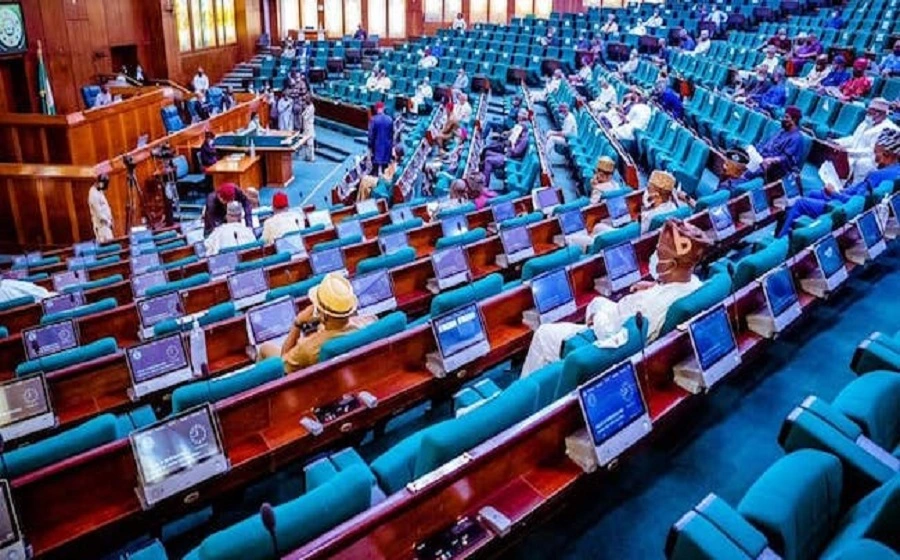The House of Representatives on Wednesday passed for a second reading a bill seeking to amend the 1999 Constitution, aiming to increase the revenue derivation formula for states and regions producing mineral resources from 13% to 50%.
The bill, titled “A Bill for an Act to Alter Section 162 (2) of the Constitution of the Federal Republic of Nigeria and for Related Matters,” was sponsored by Rep. Awaji-Inombek D. Abiante (PDP, Rivers) and eight other lawmakers.
Presenting the lead debate, Abiante provided a historical overview of Nigeria’s revenue-sharing framework, tracing it back to pre-independence agreements.
He argued that the current allocation of “Not less than 13%” as mandated by Section 162(2) of the 1999 Constitution does not align with the original intent of those early discussions, which advocated for a higher share for resource-producing states.
- APC to Amaechi: If truly those in power steal money, why can’t you afford diesel?
- Gombe to begin N70,000 minimum wage payment October
This amendment, he emphasised, seeks to correct that discrepancy.
Abiante pointed out that both the 1960 Independence Constitution and the 1963 Republican Constitution recognised a 50% derivation formula for royalties from mineral resources.
He said the current 13% allocation is insufficient to address the significant environmental and infrastructural damages caused by resource extraction, particularly in oil-rich areas such as the Niger Delta.
He clarified that the bill is not about “resource control,” but about rectifying the inequity of minimal derivation allocations and ensuring that regions significantly contributing to the national economy receive fair compensation.
Abiante drew attention to the severe consequences of resource exploitation on host communities, including environmental degradation, food insecurity, and rising youth unrest.
In addition to addressing the ongoing challenges in oil-producing areas, the bill also anticipates an increased focus on non-oil sectors as the federal government seeks to diversify from oil and gas.
Abiante noted that many states, including Bauchi, Gombe, Zamfara, and Lagos, are emerging as oil producers or possess significant deposits of solid minerals like gold, bitumen, and coal.
He called on his fellow lawmakers to support the bill, saying increased allocation would help combat illegal mining and oil theft while encouraging states to improve their investment climates and boost productivity.
The bill was passed for a second reading following a voice vote led by Speaker Abbas Tajudeen and was subsequently referred to the Committee on Constitution Review for further legislative deliberation.

 Join Daily Trust WhatsApp Community For Quick Access To News and Happenings Around You.
Join Daily Trust WhatsApp Community For Quick Access To News and Happenings Around You.


